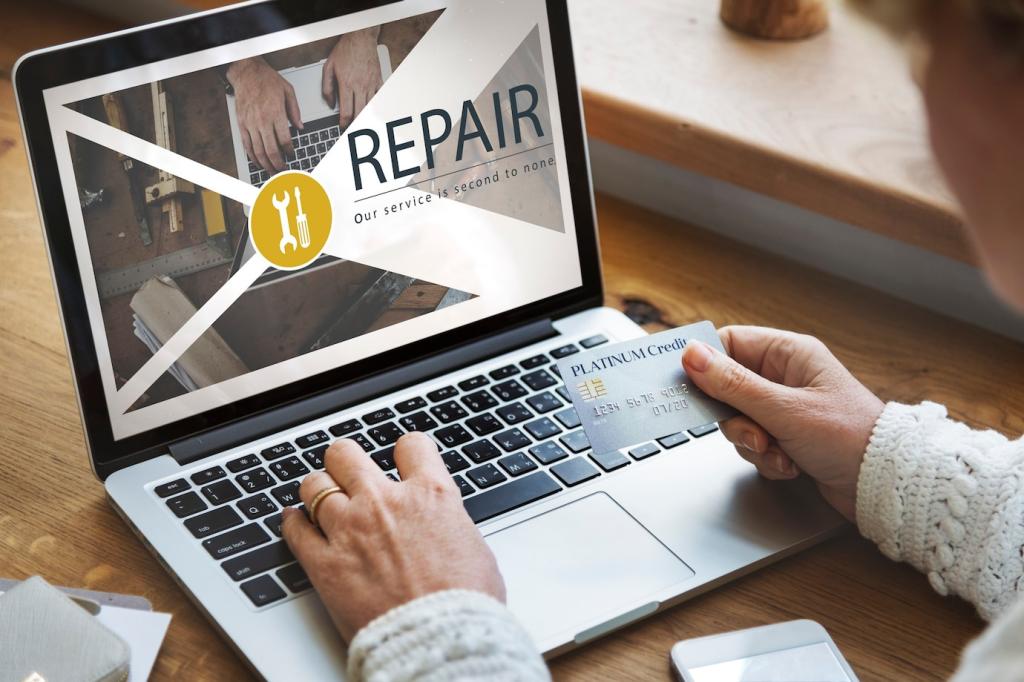Introduction to Air Filter Replacement
Air filter replacement is an essential part of maintaining the air quality and efficiency of HVAC systems, vehicles, and even home appliances. Ensuring your air filters are clean and properly functioning not only enhances indoor air quality but also extends the lifespan of equipment and improves energy efficiency. Over time, air filters collect dust, pollen, and other particles, causing them to become less effective. Understanding the basics of air filter replacement can help you maintain a healthier environment and prevent costly repairs.

Types of Air Filters
Air filters come in various types, each designed for specific purposes and environments. Common examples include fiberglass filters, pleated paper filters, HEPA filters, and activated carbon filters. Fiberglass filters are economical but provide basic filtration suited for larger dust particles. Pleated filters, on the other hand, offer more surface area for capturing smaller particles. HEPA filters excel in trapping microparticles and are often used in sensitive areas like hospitals and laboratories. Choosing the right filter material and type directly influences air quality and system performance.
How Air Filters Work
Air filters operate by forcing air through a mesh or fibrous material that traps unwanted particles. As air passes through the filter, particles such as dust, pollen, mold spores, and bacteria are captured and prevented from circulating through the system. Over time, accumulated debris reduces the filter’s efficiency and can strain the overall system, leading to reduced airflow and possible damage. The underlying principle is simple: a clean filter equals cleaner air and a more efficient system.
Benefits of a Clean Air Filter
Maintaining a clean air filter offers multiple benefits beyond simply improving air quality. Clean filters enable HVAC systems and engines to operate more efficiently, reducing energy consumption and lowering utility costs. Furthermore, they help protect sensitive components by preventing the ingress of dust and debris that can cause premature wear and malfunctions. Occupants, whether at home or in a vehicle, will also experience fewer allergies and respiratory issues when the air filter is regularly changed, making this an invaluable part of routine maintenance.
Health Impacts of Dirty Filters
Neglected filters can accumulate a range of harmful particles and microorganisms, including mold spores, bacteria, and allergens. When these contaminants are recirculated through the air, they can contribute to health problems such as allergies, asthma attacks, and respiratory infections. Poor indoor air quality is particularly concerning for children, the elderly, and individuals with pre-existing medical conditions. Regular air filter changes drastically reduce these health risks, providing peace of mind and a healthier living or working space for everyone.
Efficiency and Energy Savings
A clogged or dirty air filter significantly impedes airflow, forcing HVAC systems and engines to work harder to maintain the required performance. This increased strain not only accelerates wear and tear on components but also leads to a noticeable rise in energy consumption or fuel use. Systems running with clean filters utilize less energy, operate more quietly, and maintain their rated efficiency for longer durations. Regular replacement ensures you reap the benefits of reduced utility bills and less frequent breakdowns.
Extending Equipment Lifespan
The regular replacement of air filters plays an important part in maximizing the operational life of HVAC systems, engines, and various appliances. Dirt and debris not captured due to a saturated filter can accumulate inside sensitive equipment, leading to costly repairs or premature failure. Clean filters provide the first line of defense, allowing all major components to function optimally and reducing the likelihood of mechanical issues. Investing in this simple maintenance step pays off through fewer service calls and a longer lasting system.
Signs You Need to Replace Your Air Filter
Reduced Airflow or Poor Performance
One of the most noticeable indicators of a dirty air filter is diminished airflow or a decrease in overall system performance. Whether in a home HVAC system or a vehicle, you may experience weaker air circulation, longer heater or cooler cycles, or even strange noises indicating strain. These issues occur because a clogged filter prevents systems from operating efficiently, causing them to overwork and potentially overheat. Promptly replacing the filter resolves this and restores optimal function.
Visual Inspection and Appearance
A straightforward way to check if your air filter needs replacement is through visual inspection. Over time, filters collect layers of dust, dirt, hair, and other debris, causing them to appear gray or brown rather than clean white or beige. If the filter surface is noticeably discolored or completely blocked, it’s a clear sign that air is no longer passing through efficiently. Inspecting your filter regularly and acting on obvious build-up helps keep your systems running efficiently and your air clean.
Increase in Allergies or Dust
An unexpected rise in allergy symptoms, headaches, or the lingering presence of dust and musty odors in indoor spaces often points to a dirty or ineffective air filter. When a filter can no longer trap allergens and dust, these particles will circulate freely, diminishing air quality and aggravating respiratory problems. Replacing the filter at the first sign of such symptoms is an effective way to improve comfort and health, especially for those most vulnerable to airborne pollutants.
